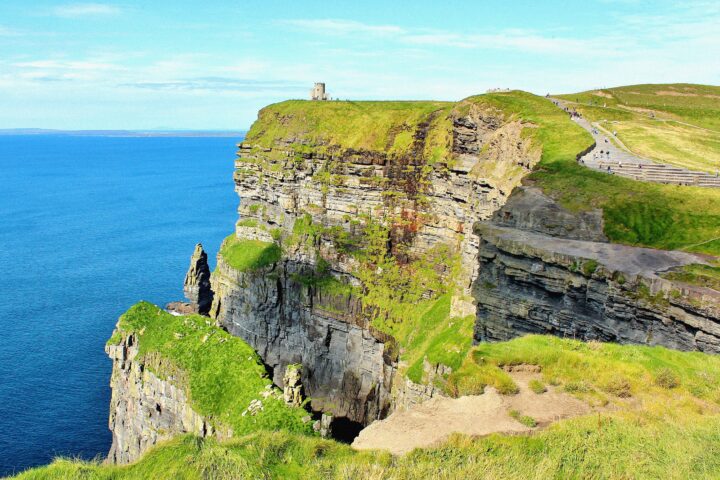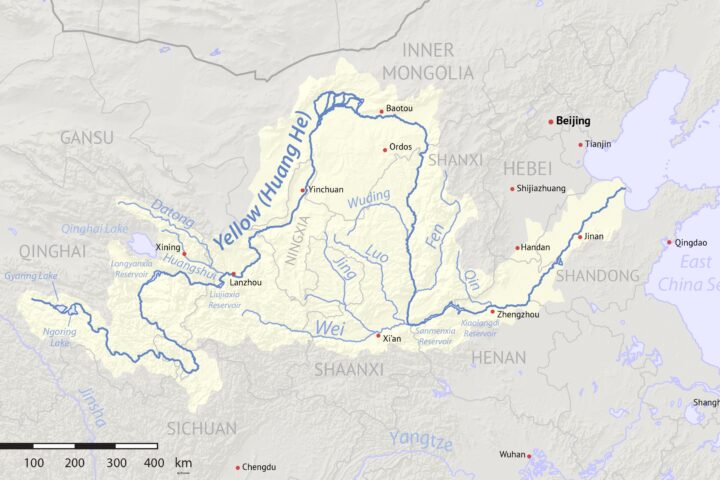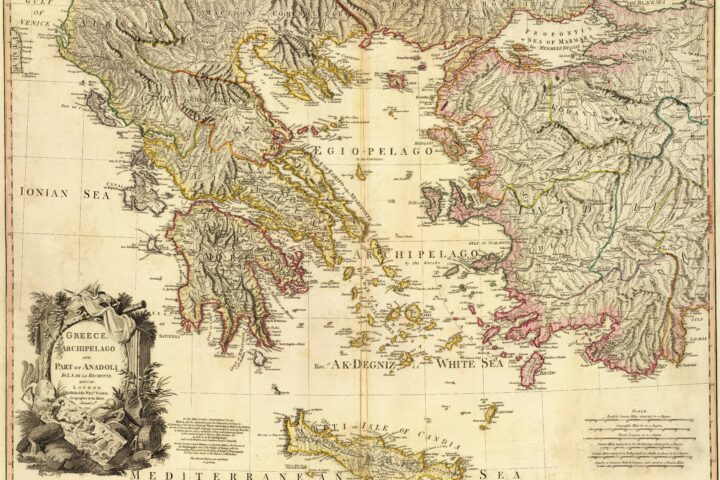Source: https://commons.wikimedia.org/wiki/File:Mangalajodi_Ecotourism.jpg
Learn more about ecotourism and how it affects developing and developed countries on different levels.
In a world riddled with problems like pollution, littering, carbon emissions, etc., it’s important we keep some places clean and free of such evils. As the human population grew, so did our endeavors all over the globe. There’s hardly any place left on earth which hasn’t been visited by our species. Visited and littered.
In the past few years, we have stumbled upon a lot of headlines about garbage accumulation and destruction of local fauna and flora of beautiful tourist spots. This happens because of the negligence of travelers who go to new places. As a result of this, the ecotourism industry was introduced and is booming right now.
We can define ecotourism as “responsible travel to natural areas that conserves the environment, sustains the well-being of the local people, and creates knowledge and understanding through interpretation and education of all involved (visitors, staff and the visited)”. We have certain principles in this industry to ensure that anyone who participates will hold to eco-centric values, be non-consumptive, and be socially conscious.
So, to put it simply, if you want to become an eco-tourist, you will have to be on good terms with the local inhabitants and also reap ecological benefits for the area you are visiting.
Risks and Benefits
Everything has its set of risks and benefits. So does ecotourism. It can have benefits for both the ecology and the economy of a country.

Source: https://www.flickr.com/photos/planeta/2172239611
Ecotourism can provide an incentive for travelers and tourists to pay heed to the flora fauna in the places they visit and to provide funds for managing these areas. It will also keep them from littering themselves and make them act as guardians who correct anyone who does something wrong in their vicinity. Tourists will be encouraged to learn more about ecology and the environment around them.
Economic benefits include collection of revenue and generation of employment- both skilled and unskilled- in the countries where this industry is booming. Hotels and lodges will be created to accommodate the guests which will also require labor. More and more economic opportunities will pop up as people will start participating in such initiatives.
Now, lets discuss the challenges and risks. Infrastructure can become a problem in areas where the government hasn’t done much to boost their tourism industry. A lot of remote areas don’t have decent accommodations and services for travelers. It will also be difficult to undertake this form of tourism if the local communities don’t step up and cooperate.
Another challenge is the health risks that come along with such gatherings. All of these situations require proper planning to be carried out so that tricky situations can be avoided.
Layers of Impact
Ecotourism can have layers of impact on a country. This means that this industry doesn’t have surface level effects but deep diving ones. We have talked about ecological and economic benefits and risks. Now let’s talk about the factors which affect local communities and environment because of ecotourism.
The foremost factor is the geography of that place. Analyses suggest that proper development of the geography of the tourist site is what will obtain more success for the industry there. Planning in advance can help with avoiding problems that might arise later on. This means that either the flora and fauna be cultivated to make it more natural or remove it in order to create accommodation. It can go both ways and affects the site at the same level.
We can also use a case study to understand how this changes the situation for areas with low income and high unemployment rates. A report done in six southern African countries shows that formal employment is the most common source of cash income in these households. Grants, pensions, and selling livestock are something that aren’t as common. After introducing ecotourism in such areas, 59% of the staff said that they rely completely on this salary for sustenance. 93% people reported that it made up 50% or more of their total household income. This just highlights how dependent these people became on the ecotourism industry.
Moreover, in many areas, it has also become a source of empowerment and skills development for the people. Studies were also done to understand how their jobs do exactly this and it was found that 63% of the staff were doing a job for the first time. They had developed their skill set by working and training under this industry. But this also highlights the lack of other permanent jobs in such regions.
Other than this, in five of these countries (we are excluding Namibia), the staff owned more cattle when compared to non-staff people. They also had access to mobile phones and hence, to communication.
All of this might sound like a lot good news. But it’s actually a double-edged sword for the people. In case, the industry is booming where you live, you are in for a good time. But if the demand of ecotourism is very unstable, it can be very tricky. More so if your household depends heavily on this job. So, while it is very helpful for rural sections, it is always a good idea to have a backup plan ready.
Resources
- What is (not) Ecotourism – GEN – Global Ecotourism Network. (2016). GEN – Global Ecotourism Network. https://www.globalecotourismnetwork.org/what-it-is-not-ecotourism/
- Weaver, David (2008). Ecotourism, 2nd Edition (2nd ed.). Wiley. p. 8. ISBN 978-0470813041.
Risks and Benefits
- Garrido, L. (2023, November 14). Why Is Ecotourism Important To The Countries Of Africa? TouristSecrets; TouristSecrets. https://www.touristsecrets.com/travel-guide/sustainability/why-is-ecotourism-important-to-the-countries-of-africa/
- Weaver, David (2008). Ecotourism, 2nd edition (2nd ed.). Wiley. pp. 124–130. ISBN 978-0470813041.
Layers of Impact
Snyman, S. (2014). The impact of ecotourism employment on rural household incomes and social welfare in six southern African countries. Tourism and Hospitality Research, 14(1-2), 37–52. doi:10.1177/1467358414529435
Doan, T. M. (2000). The Effects of Ecotourism in Developing Nations: An Analysis of Case Studies. Journal of Sustainable Tourism, 8(4), 288–304. https://doi.org/10.1080/09669580008667365















